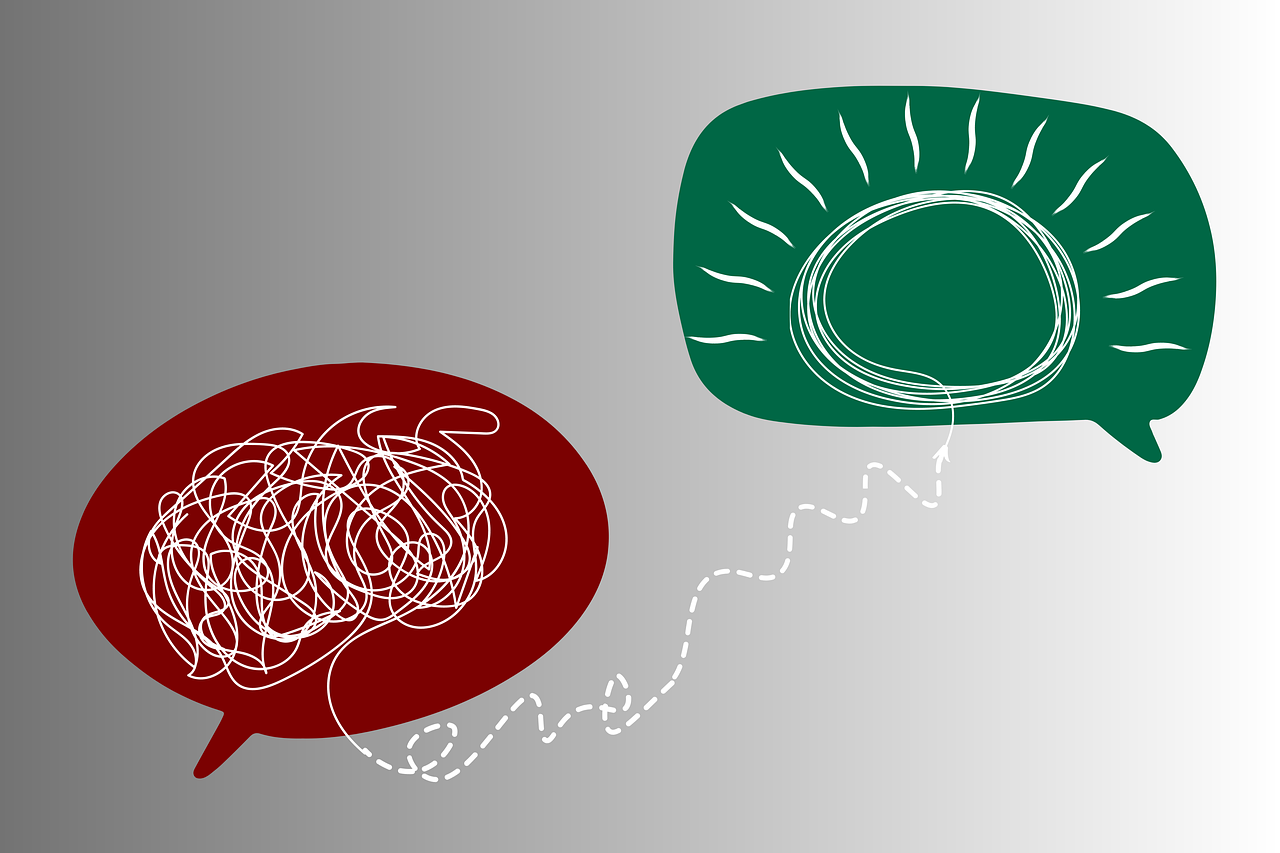What is ACT and who can benefit?

Acceptance and Commitment Therapy (ACT) is an approach to understanding human functioning and psychological intervention. Presented by Steven C. Hayes, in 1982, he proposes a diagnostic trans model for the treatment of emotional suffering. That is, the approach seeks the identification and treatment of symptom patterns that are present in different psychiatric disorders, rather than treating each disorder in isolation. Thus, it allows a treatment focused on the individual needs of those seeking therapy.
The approach is based on basic behavioral and evolutionary principles. Its philosophical foundation is functional contextualism, which seeks to understand how behavior works in the context in which it is inserted. Behaviors include visible motor behavior such as speaking or walking, as well as internal behaviors, feelings and thoughts. For functional contextualism, all behavior is adapted to a specific context that encompasses intrapersonal, interpersonal, learning history and situational factors.
Several therapeutic approaches aim to reduce symptoms and many people who come to therapy have the same goal. Patients use strategies in their lives to solve or minimize thoughts, emotions or other internal events. As people use control strategies to suppress or prevent private events, life becomes more restricted, distancing itself from living significantly.
ACT recognizes that human suffering is a natural part of life and that trying to avoid or suppress suffering often only increases its frequency or intensity. Instead of seeking complete elimination of psychic pain, it encourages patients to cultivate a healthier relationship with suffering, learning to live with it in a more adaptive way.
Therapy has as its main objective the development of psychological flexibility from the application of acceptance processes and behavioral change processes. Acceptance involves allowing unpleasant thoughts, emotions and sensations to be present without trying to modify or control them. And with the identification of personal values it is possible to develop commitments with actions that are aligned with these values, even in times of difficulty.
For ACT, illness processes may be associated with both disorders, with traditional diagnoses of psychopathology, as well as being associated with processes of social and behavioral suffering. The model of psychic illness is explained through psychological inflexibility, understood by six processes: experiential avoidance, cognitive fusion, inflexible attention, attachment to a conceptualized, lack of contact with values and inactivity, impulsivity and persistent avoidance.
The treatment proposed by ACT has proven effective for different disorders and clinical demands with adults, such as: chronic pain, depression, adaptation to childbirth, learning and professional performance, quality of life, suffering in cancer patients, obesity stigma stigma and weight loss, posttraumatic stress, burnout, concerns, anxiety and psychosis. And with children and adolescents for chronic pain, weight problems, anxiety and depression.
Act recognizes that thoughts and emotions play an important role in people's lives, but emphasizes that they do not need to be controlled or blindly followed. Therapists use a variety of techniques and exercises, including metaphors, imagination exercises and full attention practices, to help patients develop acceptance and commitment skills.
Acceptance and commitment therapy has shown a significant improvement in psychological resilience, satisfaction with life and social and work relations.
This text is authored by the member of the Cefi Contextus team - Ana Paula Domeneghini

